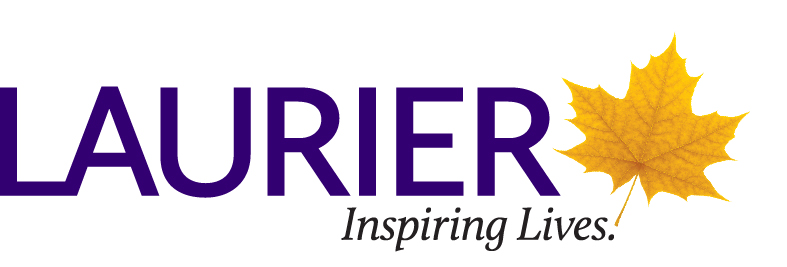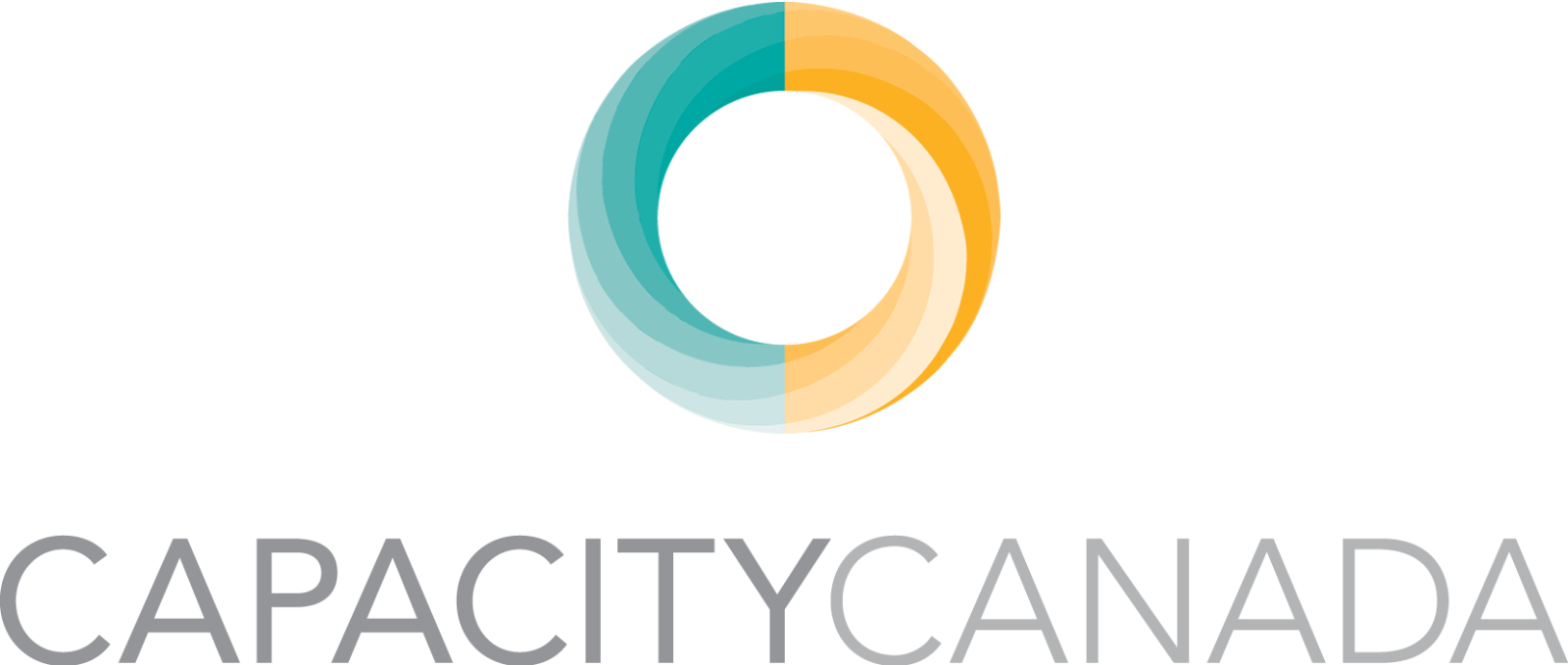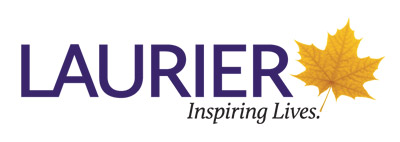Transforming Social and Non-Profit Experiential Learning Project
Experiential Learning at Laurier
As a leader in Experiential Learning (EL), Laurier strives to offer students the highest range and quality of opportunities and relies on relationships with a vast network of non-profit organizations, many of which exist in Waterloo Region and Brantford, to bring this depth of learning to students.Experiential learning occurs both inside and outside the classroom. It is defined at Laurier as learning in which students apply knowledge and skills in authentic contexts. This type of learning requires preparation, experiences, and guided reflection that challenges students to make meaning from their experiences. Through reflection, students have increased opportunities to expand their knowledge, develop skills, clarify values, heighten their self-awareness, and explore careers.
There are many types of experiential learning in the non-profit sector including community service-learning, co-op, field placements, volunteerism, and course-based placements and projects.
Transforming Social and Non-Profit Experiential Learning Project Description and Goals



In partnership with Capacity Canada, Laurier embarked on the Transforming Social and Non-Profit Experiential Learning project in June of 2018. The initiative aimed to strengthen student experiential learning opportunities in the non-profit sector by gaining insight into
- the competencies required by graduates to thrive in the sector
- the gaps and skill-sets the sector needs to innovate and drive change, and
- the ways in which the university can support both students and community partners
Laurier then developed and delivered a curriculum to prepare students for volunteerism in the non-profit sector and created resources, marketing materials, and videos and launched events to educate students on the personal and professional benefits of volunteering within the sector.
Technology supports were also developed to facilitate the connection between community partners and the institution and Laurier students.
Further, Laurier planned a symposium to share project learnings with stakeholders which contributed to reflection on the long-term human capital needs of the non-profit sector.
Finally, Laurier developed this best practice website in which to share insights and resources with others who are interested in strengthening experiential learning in the non-profit sector. This has been important and illuminating work. You are encouraged to use and adapt these resources to your needs in an effort to collectively increase knowledge, and support education and relationship-building in the post-secondary institution/community context.
Partnership and Funding
Transforming Social and Non-Profit Experiential Learning is a project sponsored by Experiential Learning & Career Development at Wilfrid Laurier University and Capacity Canada, made possible through the Province of Ontario Career-Ready Fund, with the purpose of enhancing Laurier students' experiential learning opportunities in the non-profit sector.Key Outcomes
Key outcomes of this project include:- Creation of a database of over 700 non-profit organizations, key contacts, and existing relationships with Laurier within Waterloo Region and Brantford
- A community consultation (surveys and interviews with students, faculty and community)
- An Environmental Scan with a corresponding Executive Summary document which includes a showcase of Laurier/Community Partnerships
- Development of the Experiential Certificate in the Social and Non-Profit Sector
- Development of materials to market non-profit sector experiential learning to students, including videos, poster, promotional card and a brochure on volunteerism.
- Development of a promotional brochure outlining potential partnership opportunities between Laurier and non-profit organizations wishing to engage students within their organizations
- Co-ordination of events on campus related to experiential learning, including employer panels and career fairs
- Development of technology supports including a volunteer posting portal, a project portal, a direct feed of opportunities from the local Volunteer Action Centre posting site to the Laurier volunteer posting portal, and further development of the Laurier Experience Record.
- A Best Practice Symposium (May 2019)
Community Consultation
In developing an employer engagement strategy for this project, Laurier started by identifying all potential community partners across the geographic regions of Laurier's campuses. A comprehensive spreadsheet with the names, regions, addresses, primary and secondary contact persons, phone numbers and specializations of all the Social and Non-Profit organizations was prepared. This included up to 700 organizations and indicated whether each of these organizations had engaged with Community Service-Learning, Co-op or the Career Centre within the past three years.In addition, a list of 15 faculty and two staff members from across the campuses in Waterloo and Brantford who incorporated experiential learning in courses or programming was also generated.
Surveys
From this employer database, Laurier invited 300 organizations to complete an online survey which requested feedback on the current state of student experiential learning placements at their organizations and input into how to optimize experiences. Organizations were selected based on their current or past involvement with Laurier, their breadth of potential opportunities and their community visibility.
A survey was also conducted among a select group of students which yielded responses from 36 individuals.
Key Informant Interviews
Thirty-one of the 300 organizations indicated above were selected to receive an invitation to participate in a key informant interview. These were organizations with existing partnerships with Laurier and/or prominent community organizations. Key informant interviews were conducted in person or by phone.
In addition, key informant interviews were conducted with 14 faculty and two staff members to obtain their feedback and recommendations on the implementation of high-impact experiential learning practices.
Environmental Scan Executive Summary
An Environmental Scan Executive Summary was prepared to summarize findings from research conducted through the project. It also includes a Showcase of Laurier-Community Partnerships in the non-profit sector as examples of experiential learning programming at Laurier.
